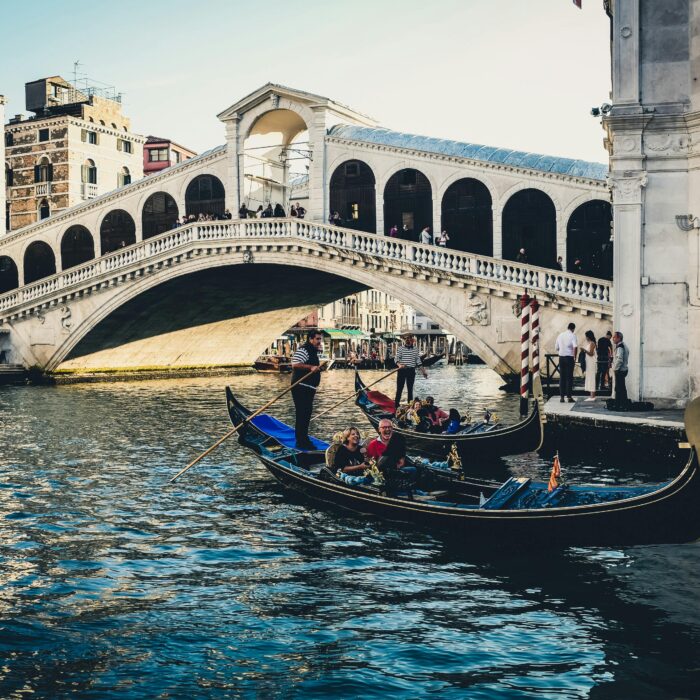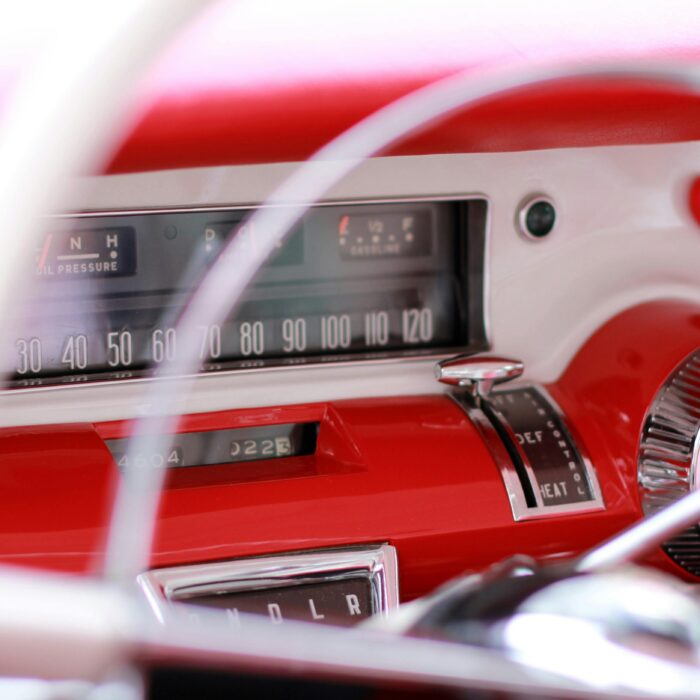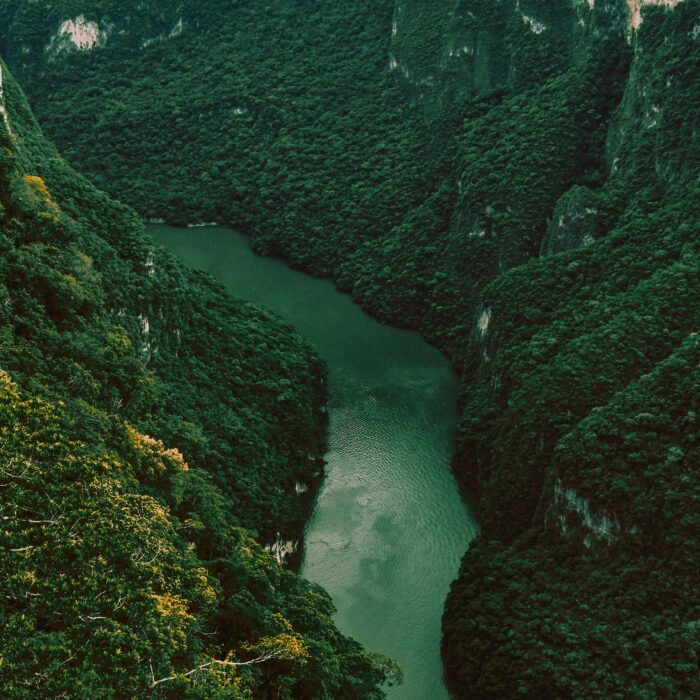You have no items in your cart. Want to get some nice things?
Go shopping
From her lair, a bleached blonde woman in Barcelona sells candy. Her store is coloured like a child’s toy: bright reds, rich blues, vibrant greens, halting yellows. She sells treats, the colours of which you wouldn’t wear day after day. Every evening, you may pass and find her staring out of the small space between gummy candies and animal crackers that act as a door onto the street. She is there with the same face as the night before, waiting to catch a passerby in her gaze. In her mind, she is the same woman who sat staring through this portal 10, 20, or 30 years prior. Yet, she has changed. Our bodies and characters evolve with time, but still, a whisper of ourselves, our inner voice remains the same. And in this way, she is the same; we are the same. But we can’t see the ways that we have changed; our view remains transfixed by the dramatic colours of the candy shops that we set ourselves within.
On some nights, she is joined by an older man who sits with her. In his muted colours – browns, blacks, greys that resemble filth amidst the tower of shining luminescence that is her store – he looks out of place. They are friends, nonetheless; they chat; they argue; on occasion, he turns his head to join her gaze as you pass by. This is their shallow effort at selling her products. Not once has a customer been spotted in this cavity of the city. This is not a business. This is a business front – not for drugs, nothing nefarious, only a medium by which she can stare at us while we stare at her. The muted man faces her from a coloured plastic chair, his back to the door. Another night that week, the same. The night after that, the man is gone.
During the day, the shop is shut, as if no one buys candy before dark. She makes no effort to entice tourists. After all, the shop is on a filthy alleyway opposite trash bins. This is a place for locals to ask her, the local, what she has seen. On occasion, I’m sure, someone sets down a euro for a bag of jelly beans or a sleeve of cookies after asking her opinion on a political matter: the increase of immigrants to the neighbourhood, the smell of the halal on the corner, or what the weather will be like tomorrow (wavering from mild to nice by any other standards).
The woman continues to bleach her hair and apply makeup as if she were 20 years old. She continues to entice men her age into the store as if she were 30 years old. The woman, only the woman, knows her own age.
*
Eight years ago, a Chilean friend led me to Avenue U – a subway station that doesn’t register to tourists in New York, let alone the stroller skiers of Park Slope or the gentrifiers of the better-known Brooklyn. It was late; the city draws a normal day into unprecedented hours. And so, my friend guided me to the 24-hour donut shop. It was manned by two Central Americans.
The same two men open and close the restaurant every day. Whether three in the morning or four in the afternoon, the orders are chorizo with eggs, two tacos with barbacoa, two eggs and toast. The same ritual unfolds: One man greets the customer at the counter, the other scrapes the grill, adds more meat, mutters something in Spanish that makes the other man grin. There is no unnecessary exchange with the customers. Perhaps you are tempted by a donut when you pay and leave. They grab one with a sheet of parchment paper, they give you what you want. Either way, the men know that you are a regular or you are lost. Regardless, a similar treatment is applied: Take the order, call it, make it, present it. Coffee is poured, coffee is topped. We like to think that we can sit in a diner and drink an indiscriminate amount of coffee, but we all have our limit. We feign that we are really overdoing it some days, that we are indulging in that extra cup. But, in reality, unless we have escaped the cycle of regularity in which we live, we are having our third cup. And we always pretend that we don’t need the hot topper on that last cup, but we take it, whether we drink it or not.
Wherever the two cooks came from, they don’t resemble it anymore. They are not Tegucigalpa city wanderers. They are not Oaxacan farmers. They are not Panamanian bus drivers. They are simply New Yorkers. They might not feel like Woody Allen or get treated like Michael Bloomberg, but the city corrodes them in the same way – money causes ulcers whether from too little or too much. The real difference is in how much you pay for those three cups of coffee.
*
In the entryway to the Institut d’Estudis Catalan in Barcelona, a man sits in an admission booth. It’s a calming atmosphere within the 600-year-old hospital, an appealing shortcut for my wife and me as we meander through El Raval. I can’t deny that I am sloughed from the tourist mass, but I feel relief in the escape. Orange blossoms fill the air with the aroma of bliss. Meanwhile, a man urinates on a wall in the corner. Change is ubiquitous. The floral fragrance is overtaken. Despite these variations, it’s the same thing every day in this ancient portal. Pass the imposing door under pointed, Gothic arches. Beyond it, the balding head of the attendant appears askew to the small sign with admission information. Until you cross the threshold, he remains the same. His head tilted, probably reading something. Whether he wished to or not, he has become a fixture. Regardless of his days off, he is there. No one sees the museum unless they see the attendant first. A closed gate is a denial. An ajar gate is an invitation. Approaching the attendant is a chance to realise that he answers the same three or four questions every day.
“How much?”
“What time?”
“How long?”
An expert Danish tourist comes to the city prepared. Knowing more than 10 phrases in Spanish and Catalan, the young tourist approaches this arched doorway ready to prove himself. He is repulsed by the worker, an employee, who answers his questions tersely or without enthusiasm. On another day, he might be blasted by an assault of Catalan resembling the most ancient of curses – a derivative of the truly vulgar. He wishes that the attendant congratulated him on his preemptive research revealed in his rhetorical questions. The audacious tourist wishes that the bald man grinned and affirmed his ability. And yet, this young tourist – you, if I dare, I – rarely considers that the attendant fields the few variants of human language that come in the interrogative form. An attendant’s available knowledge gradually becomes restricted to a museum, theatre, or exhibition’s admission fee and opening and closing times.
Similarly, anywhere in the world, a man on the way to work rushes into a chain restaurant and expects his request to be met. One day it’s Costa Coffee, another it’s Starbucks. The baristas are barraged with demands for personal variations on measured drinks. Likewise, at the New York City Library, the security guard helps to redefine what a handbag is as visitors enter and exit. And at London Heathrow, a short security guard attempts to teach by humiliation what constitutes a liquid in the eyes of travel authorities.
And so, the bald attendant at the Institut sits staring into the corner of his booth where he reads, or simply stares, waiting for his shift to end so that he may begin his shift at home and return again to do the same tomorrow.
*
Again, we board the train in Bushwick; a stranger asks us for a spare metro card. We board a train at Columbus Circle; a stranger asks us for a spare metro card. We see need without admitting our own – the role left to vagabonds and beggars. Yet, we line up in cities to pretend we are working towards some freedom that no one has seemed to find.
But in this city there is energy, there is life. Of this, we convince ourselves.
In the wilderness, we are offered unlimited freedom. In the countryside, we are offered liberty. In contrast, these small towns and pastoral places have job scarcity and money scarcity. But there is space; there is air; there is the opportunity to live. However, we flee to the cities and root our buildings in the very same soil. In these cities, we sit in the same window, walk the same alleyways, drink in the same bars, and eat at the same restaurants. We simply ignore passersby. We deny other dining options for something regular. We bypass the next grocery for the one closest and best-stocked. Within the city we have each created our own villages. And we stare through our windows wondering what is beyond the building edifice, just as the shepherd boy stares over the pasture wondering what is beyond the nearest hill. On occasion, we venture out, we explore. Any considerable break in our rhythm might render us obsolete, make us less useful to society. So, in both places, we trudge along, whistling at our sheep or greeting the butcher as we walk to our office.
Whether we deem the farm or the city preferable, both are swept by the same current, their challenges mirrored. There is no solitude in either without first finding it in yourself.
Most people will never explore the distant mountains and smallest islands; who among us can claim to be an authentic stowaway or explorer? We fear jumping from the machine that keeps moving forward. But people make do. In our walks down the road, there is ample wonder to behold. The parakeets torpedo down narrow streets in Barcelona, the plane trees grow tall in the broad avenues of London, creeks run over polished rocks in Medellin, the river rushes past Prague’s Old Town, and the ocean crashes into the shore of Los Angeles. In the city, the sun continues to rise and set, even if lost amidst the buildings, offices, and alleyways.
The city is the triumph of modernity and an homage to antiquity. It is where ideas spawn, where thought is questioned. And through this interrogation, we feel bold, novel, and positively urban.
Where is the Chilean, the short-order cook, the tourist, the attendant? Where am I – in a foreign city, a different grid, another familiar unknown. Perhaps, in what we think of as circular, as rhythmic, we should look for the errancies, the subdued tones of the man in the bright candy shop.
And there he sits; and there pass I; and the woman in her city candy shop remains, in some small way, the only one looking out.
Gresham Cash
Gresham Cash is a musician, filmmaker, and writer from Athens, GA. Aside from his own creative pursuits, he’s worked as an editor for Fall Line Press and an online journal called The Seed & Plate. He’s currently in post-production on his first feature-length documentary, The Green Flash. His writing can be read in Popshot Quarterly, Wilderness House Literary Review, and Litbreak.




